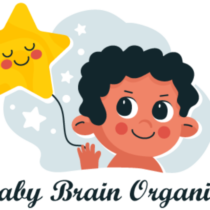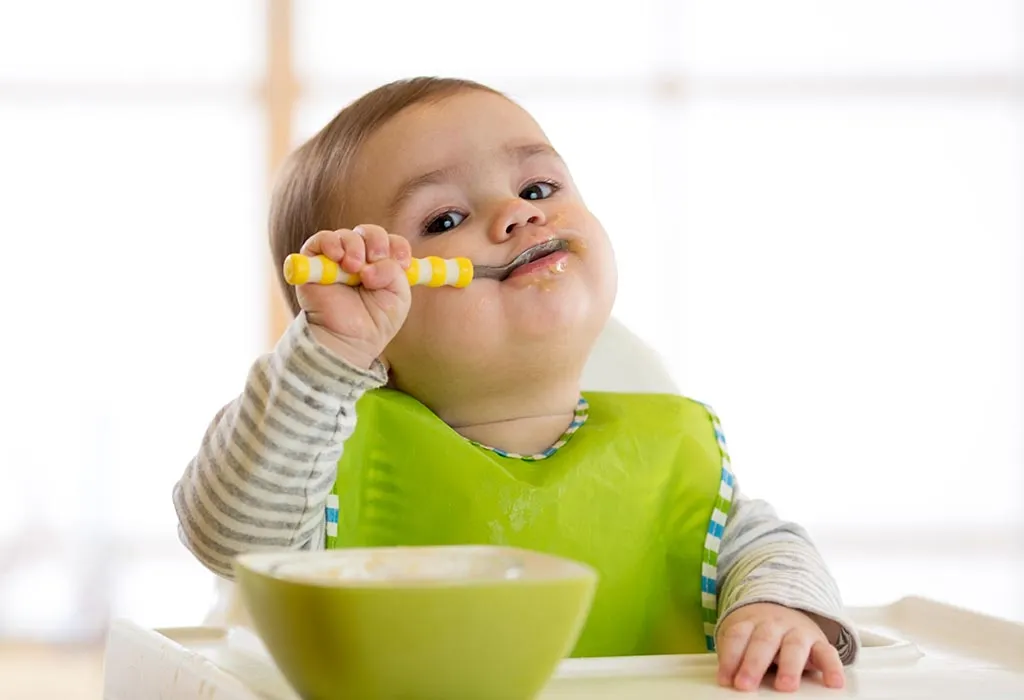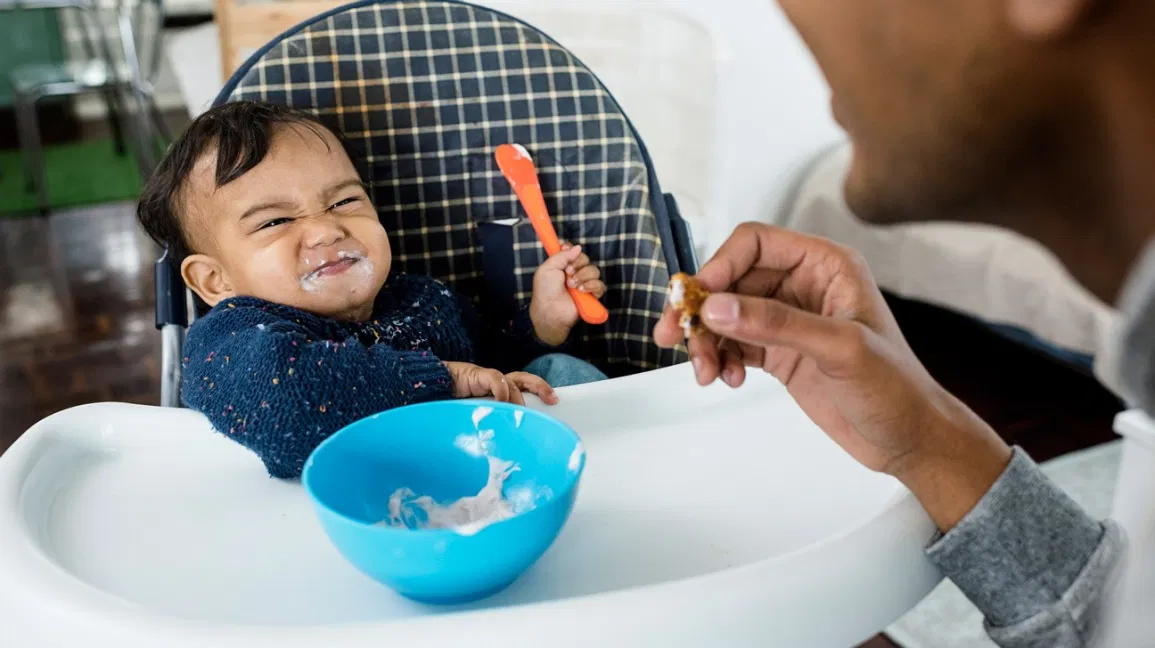Your child’s gut is still brand new and cannot digest most foods at their age. Waiting until your baby is four months old makes them less likely to develop food allergies or food intolerances later in life.
This article focuses on when babies can begin eating solids and some of its benefits of it.
Introduction of Solid Food
When can babies start eating solid foods? Parents and caregivers often ask this question, especially when a baby doesn’t seem to be absorbing food well or is fussy. According to the American Academy of Pediatrics, babies can begin to eat solid foods around six months old.
There are many benefits to starting solids early, including increased brain development and better digestion. Here are some tips on how to introduce solid food to your baby:
1. Start by offering small amounts of food and gradually increase the size over time.
2. Ensure the baby’s milk intake is replaced with solid foods before starting solids. This will help ensure a healthy diet and reduce the risk of constipation.
3. Breastfeeding is still the best way to feed your baby. However, if breastfeeding isn’t working for you or your baby, try breastmilk formula mixed with water or infant cereal instead of pure milk.
4. Let your baby regulate their feeding schedule. Babies usually want to eat several times per day, but don’t force them to eat if they’re not interested in eating.
Benefits of Introducing Solid Foods to Your Baby
When you’re ready to introduce solid foods to your baby, there are many benefits. Here are just a few:
-Your baby will get more nutrients and calories.
-They will learn to chew.
-They will develop better motor skills.
-They will become more independent.
When One Should Start Introducing Solid Foods
Introducing solid foods to a baby is a big decision. Parents should consider when their baby is ready for solid foods and the benefits of starting solids early.
The American Academy of Pediatrics recommends that babies start eating solid foods at around six months old, but there is no firm rule. Some babies start earlier and some later, depending on their individual needs and preferences.
There are many reasons to introduce solid foods to a baby. Starting solids can help increase a baby’s development and growth, help reduce colic and fussiness, and help prevent food allergies in later life.
Babies who start eating solid foods early often have better dental health. They learn how to chew and swallow properly, which helps them eat healthy foods throughout their life.
When parents decide when their baby is ready to start solid food, they should consider their age, size, and general health. If the baby is under six months old, parents may want to wait until the baby shows signs of readiness,
such as increasing strength, rolling over, or breastfeeding consistently on cue. Parents may try some introduction feed if the baby is six months old but not yet 12 months old.
Conclusion
When can babies start eating solids? Many parents have this question, and the answer may vary depending on your child’s age and Eater Type. While most babies will start eating solid foods around 6 to 8 months old, some may not do so until closer to 12 months.
There are many reasons a baby might not start eating solids right away – it could be because they are not hungry enough or aren’t ready for solid foods yet.
However, by introducing solids at an appropriate stage, you will help your baby learn how to regulate their hunger and chewing skills, which will make them more independent as they grow up.
So don’t worry – there is no one “right” time for your baby to start eating solids! Just take things slowly and let them enjoy each new experience along the way.




